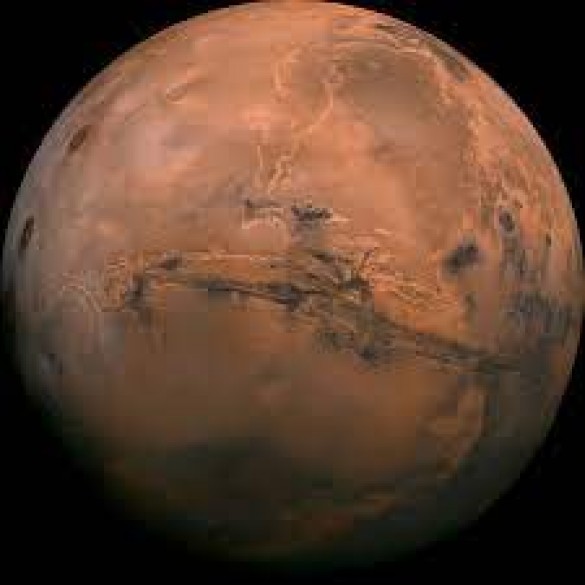
Earth's vast oceans are essential for life, regulating climate, and shaping our planet. But could these watery expanses hold clues to the history of water on Mars, the Red Planet?
Earth's Ever-Moving Oceans
Our planet's oceans are a dynamic system constantly in motion. Driven by temperature, wind, and the Moon's gravity, this movement, called ocean circulation, distributes heat around the globe, influencing weather patterns and climate.
Mars: A Dry World With a Watery Past
Mars, known for its reddish hue, is a cold, desert world with a thin atmosphere. Despite its current dryness, evidence suggests a wetter past with oceans, rivers, and lakes.
Billions of Years Ago: Mars, the Water Planet
Billions of years back, Mars likely had large bodies of water covering vast areas. Channels, valleys, and features resembling deltas hint at flowing liquid water that sculpted the Martian landscape for millions or even billions of years before disappearing.
Earth and Mars: Connected by Water's History
Despite their contrasting present states, Earth and Mars share intriguing links when it comes to their water history:
Climate's Influence: On both planets, climate plays a role in shaping ocean systems. Solar radiation and greenhouse gases drive Earth's ocean currents, while variations in Martian atmospheric pressure and temperature likely influenced ancient ocean flows.
Water's Carving Power: Flowing water's erosive power has left its mark on both planets. River valleys, canyons, and sedimentary deposits are testaments to water's transformative abilities over vast stretches of time.
Climate Shifts: Both planets have undergone dramatic climate changes. Earth's are driven by natural processes and human activities, while Mars' are caused by variations in its orbit and tilt.
The Search for Life: Liquid water is crucial for life as we know it. Our oceans teem with life, but the possibility of past or present microbial life existing in Martian water, either subsurface or in ancient bodies, remains a captivating question for scientists.
Learning from Planetary Oceans
Studying Earth and Mars' water histories offers valuable insights into the dynamic processes that shape planetary surfaces and climates. Unraveling the connections between these distant worlds can help us understand our planet's past, present, and future, along with the possibility of life beyond Earth.
Russia Begins Presidential Election Voting with Far East Polls
MIB Takes Action Against Several OTT Platforms for Inappropriate Content